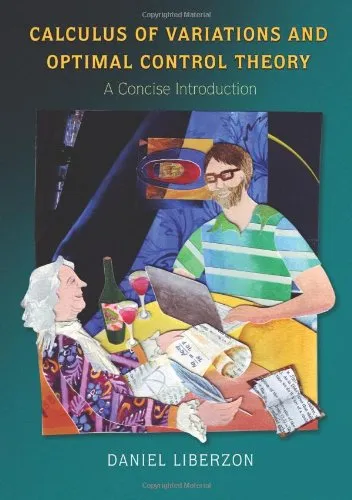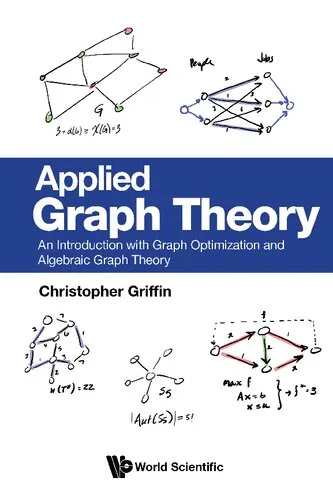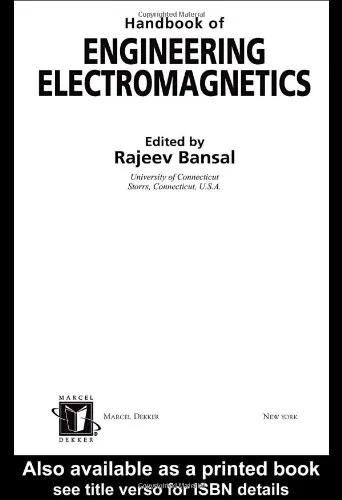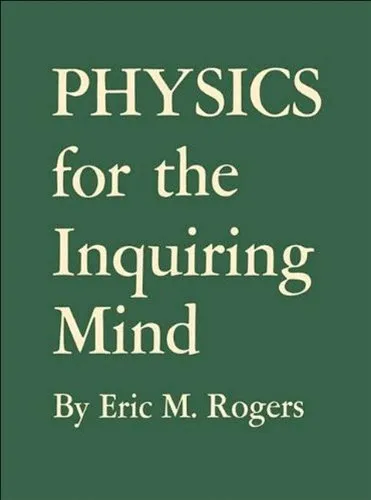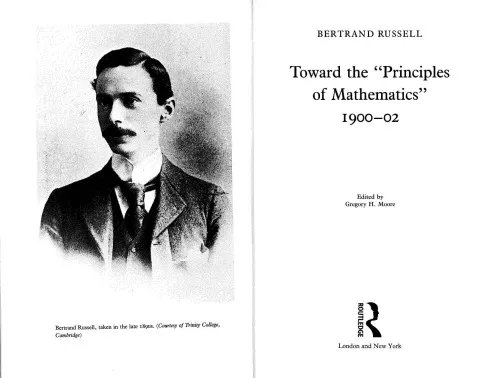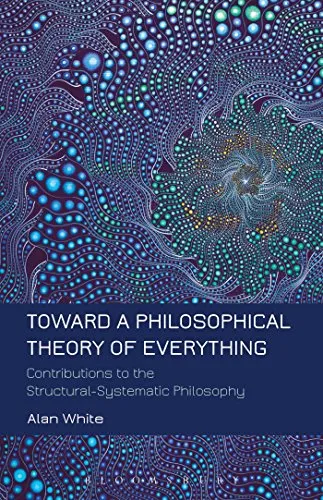Contract as promise : a theory of contractual obligation
4.5
Reviews from our users

You Can Ask your questions from this book's AI after Login
Each download or ask from book AI costs 2 points. To earn more free points, please visit the Points Guide Page and complete some valuable actions.Related Refrences:
Introduction to 'Contract as Promise: A Theory of Contractual Obligation'
Written by Charles Fried, 'Contract as Promise: A Theory of Contractual Obligation' is a seminal work in the field of contract law and philosophical theory. First published in 1981, the book delivers a powerful and refreshing perspective on why contracts matter, fundamentally arguing that contracts ought to be understood through the lens of promise. Fried’s work focuses on the moral and philosophical foundations of contractual agreements, offering a comprehensive theoretical framework that explains the enforcement of contracts as an extension of the ethical principle of keeping one’s promises. As a landmark text, "Contract as Promise" has inspired legal scholars, students, and practitioners for decades, opening new pathways for thinking about private law.
The book is methodically divided into chapters that explore the philosophical justifications for contracts, their moral underpinnings, and their applications in real-world legal frameworks. It takes readers on a philosophical journey, examining how everyday promises provide the foundation for complex legal obligations. Fried eloquently argues that respecting contractual agreements is paramount to fostering trust and cooperation within society. Despite being rooted in theoretical discussions, the book remains highly accessible and continues to be an influential resource in legal academia, contract law practice, and beyond.
Detailed Summary of the Book
At its core, 'Contract as Promise' aims to ground the institution of contract law in a moral philosophy that stems from trust and the ethical obligation to honor one’s commitments. Fried builds his thesis on the proposition that the legal enforcement of contracts is justified because contractual agreements are voluntary promises, and promises inherently carry moral weight.
The book considers the framework of contract law through two distinct lenses: the morality of promise and the utilitarian justifications for enforcement. Fried critiques purely economic or efficiency-based interpretations of contract law, such as those offered by law-and-economics theories, arguing that they fail to capture the inherently personal and ethical dimensions of a promise.
Fried also discusses the role of autonomy and personal freedom in contracting, asserting that contracts represent free choices made by rational individuals. Therefore, a breach of contract is more than a legal issue; it is a moral failure to respect another party’s trust and autonomy. The book moves from these fundamental principles to consider how courts can enforce contracts in practical settings, balancing the philosophical ideal of promise-keeping with the pragmatic realities of adjudication.
Key Takeaways
- Contracts are an extension of a moral obligation to keep promises, rooted in trust and individual autonomy.
- The legal enforcement of contracts is best justified through a promissory model rather than purely economic or utilitarian interpretations.
- Breaching a contract is more than violating a law; it is a breach of the ethical principle of respecting another person’s freedom and trust.
- In practical contexts, contract law must balance theoretical ideals with real-world contingencies, ensuring justice and fairness.
- Contract law is central to fostering cooperation and enabling individuals to achieve mutually beneficial outcomes in a complex society.
Famous Quotes from the Book
"The moral force of a promise lies in the voluntary assumption of obligation that promises uniquely embody."
"When one makes a promise, one invokes the trust of others and binds oneself to a common moral law of accountability."
Why 'Contract as Promise' Matters
Charles Fried’s 'Contract as Promise' is a transformative work because it bridges the gap between legal practice and ethical theory. While contracts are often viewed through the technical lens of legal enforcement or as tools for economic efficiency, Fried reorients the conversation toward their moral and ethical implications. His promissory theory underscores the importance of human dignity, trust, and autonomy, offering a powerful framework for why societies enforce agreements in the first place.
The book remains vital reading for anyone interested in legal philosophy, contract law, or moral reasoning. Its influence has shaped decades of academic discourse, providing a foundation for debates on the intersection of law, morality, and economics. By highlighting the ethical nature of contractual obligations, Fried sets a high bar for understanding the deeper purposes of legal systems and their role in fostering cooperation and justice in society.
Free Direct Download
You Can Download this book after Login
Accessing books through legal platforms and public libraries not only supports the rights of authors and publishers but also contributes to the sustainability of reading culture. Before downloading, please take a moment to consider these options.
Find this book on other platforms:
WorldCat helps you find books in libraries worldwide.
See ratings, reviews, and discussions on Goodreads.
Find and buy rare or used books on AbeBooks.
1655
بازدید4.5
امتیاز0
نظر98%
رضایتReviews:
4.5
Based on 0 users review
Questions & Answers
Ask questions about this book or help others by answering
No questions yet. Be the first to ask!

